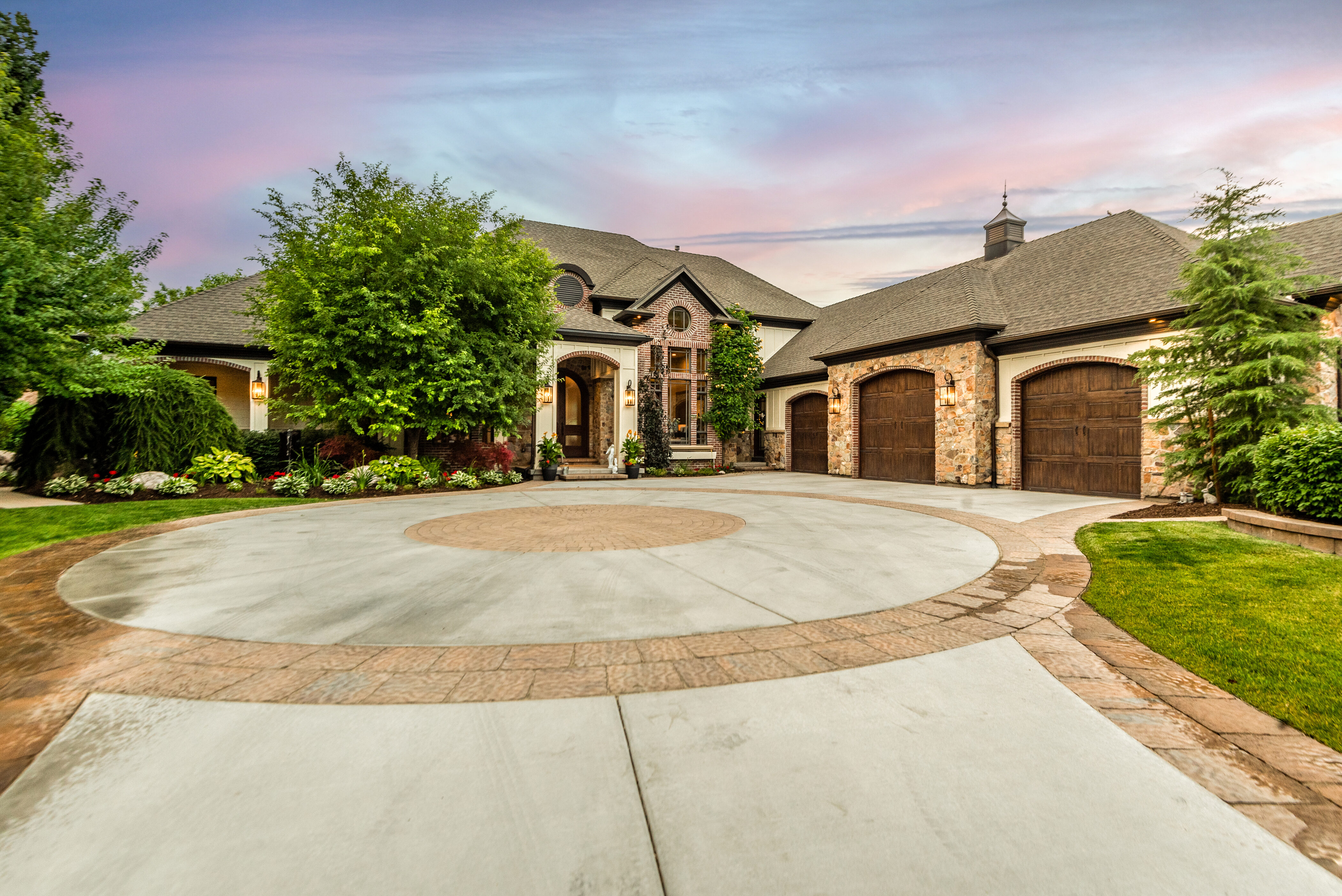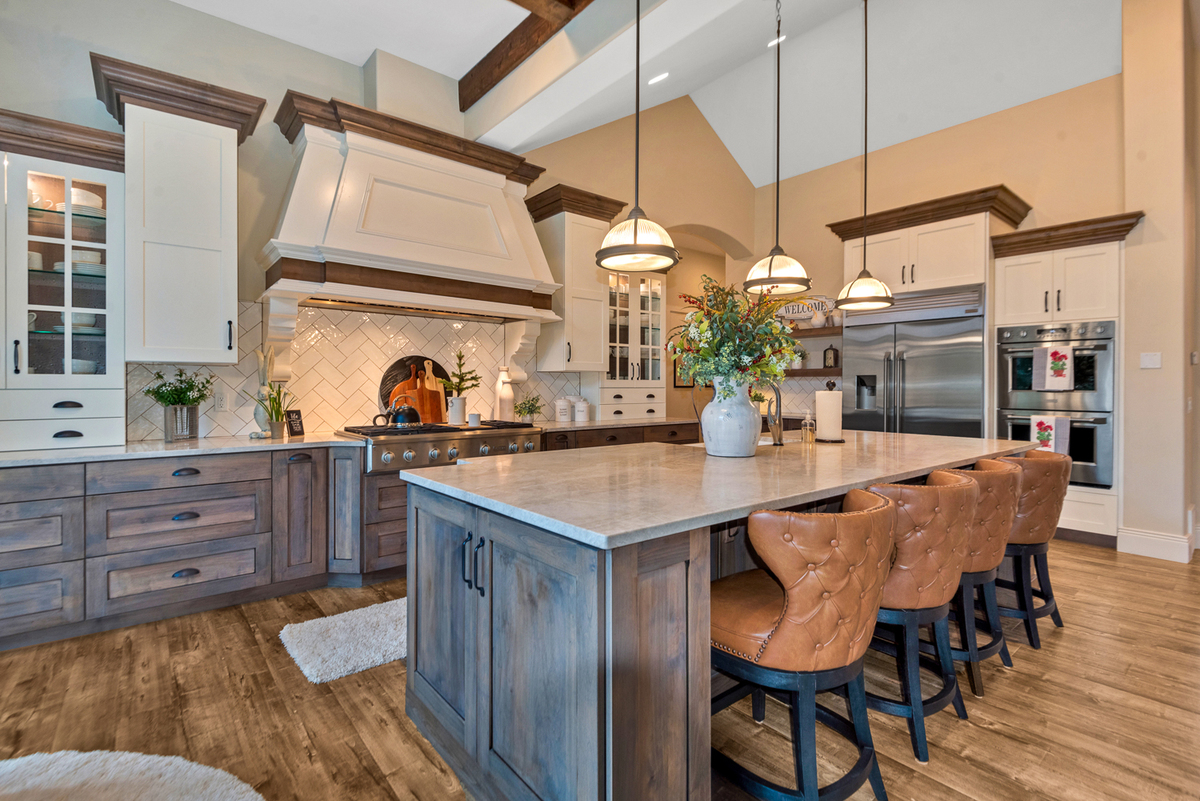Learn how unexpected costs and delays can affect your construction plans.
The real estate market is constantly changing, and new construction homes have become an appealing option for many buyers. However, before making a decision, it’s important to weigh both the benefits and potential challenges. The idea of a brand-new home is certainly exciting but some factors could affect cost, convenience, and overall satisfaction. Here are five key factors you should consider:
1. Unexpected costs. New construction homes often come with additional expenses that buyers may not expect. Standard features in an existing home, such as a washer, dryer, and refrigerator, may not be included. Some communities also require an upfront capital fee for homeowners association (HOA) membership. Landscaping and yard completion may be an added cost as well. These expenses can add up quickly, so it’s essential to budget beyond the base price of the home
“Before committing to new construction, know what you’re really getting into.”
2. Potential construction delays. Delays are common in new construction due to factors like weather conditions and material shortages. In areas with unpredictable temperatures, builders must wait for the right conditions to pour concrete and complete exterior work. These delays can affect move-in timelines, which is crucial to consider for those selling a home or ending a lease. Proper planning is necessary to avoid temporary housing issues if construction takes longer than expected.
3. Lack of an established community. New construction developments are often in areas that are still being built out, meaning they may lack essential amenities like grocery stores, restaurants, and gas stations. This can affect daily convenience and commute times. While these areas may develop over time, it’s important to consider whether the current infrastructure aligns with lifestyle needs.
4. Smaller lot sizes. As housing demand increases, many new construction homes are being built on smaller lots. According to the National Association of Realtors, lot sizes have been shrinking in recent years. Some buyers appreciate the reduced maintenance of a smaller yard, while others prefer the larger outdoor spaces found in older neighborhoods. Evaluating personal preferences for outdoor space is key when comparing new construction to existing homes.
5. Builder quality and protection. Not all builders deliver the same quality, so researching their history is crucial. Some have financial issues, poor craftsmanship, or legal troubles. Checking their past projects, reputation, and subcontractors ensures a reliable choice. A thorough vetting process helps protect this major investment.
New construction offers exciting possibilities, from modern designs to brand-new warranties. However, unexpected costs, potential delays, and community factors should all be considered carefully. Weighing these against personal needs and lifestyle can help determine if a new build is worth it. If you have questions or need guidance, I’m here to help. You can call me at 801-285-0521 or email me at Justin@JustinUdy.com. I look forward to hearing from you.



